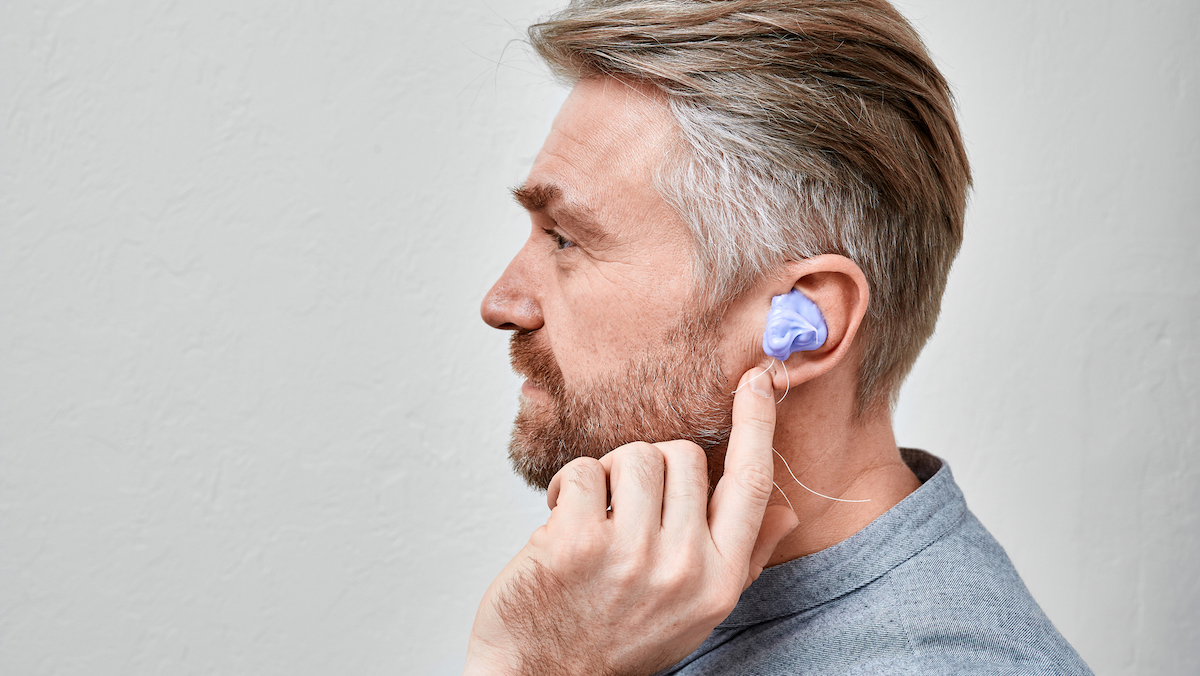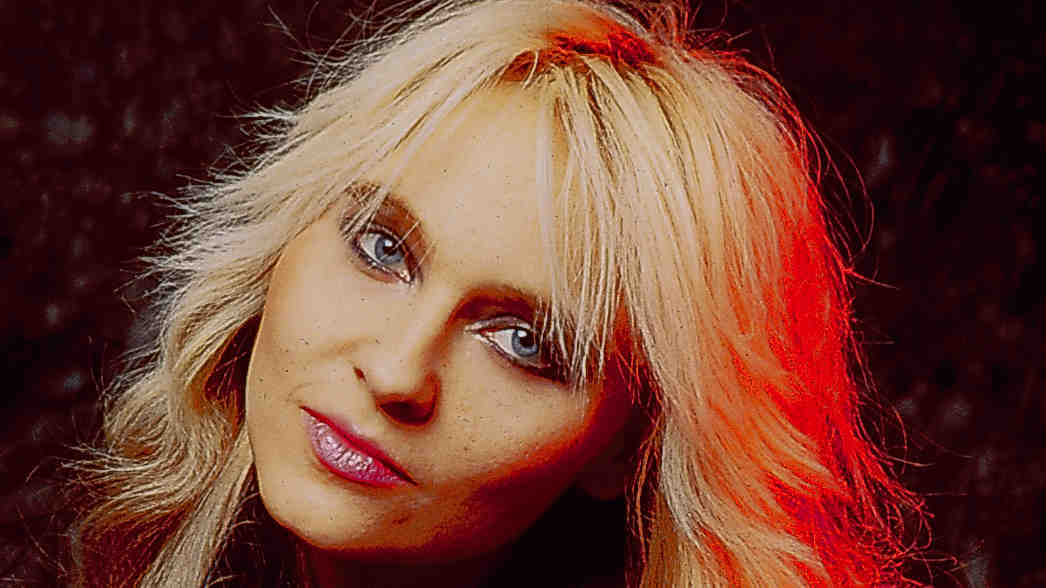5 things to consider when investing in a pair of earplugs
Protecting our hearing at concerts or when playing live is vital, so here are five important factors to consider when investing in a new pair of earplugs

1. Hearing health
2. Price
3. Brand choice
4. Comfort and quality
5. Personalised earplugs
Whether you're a devoted music fan who lives for live gigs, or a performing musician who regularly performs loud music anywhere from rehearsal rooms to the stage, your love of music should be harmoniously accompanied by a sense of responsibility for your hearing health.
We know that sounds very sensible and grown-up, but it’s important – protect your hearing from an early age and you can expect to enjoy a long and fruitful journey in music. Ignore the warning signs however, and you open yourself up to issues such as tinnitus which, take it from us, is an affliction best avoided.
In this guide I’ll explore the compelling reasons why investing in a good set of earplugs for live music isn't just a choice, but a necessity for music enthusiasts.
I’ll delve into the differences between expensive and cheap earplugs, discuss prominent brands, and highlight what to consider when deciding what to buy.
Hearing health
I’ll start with a reminder of what can happen if we don’t look after our hearing. Our enjoyment of music and everything that comes with being a music fan is completely dependent on us being able to hear what’s going on.
In the past, the choice was pretty limited and ear defence usually boiled down to those cheap gummy one-use foam plugs that come in big plastic jars. These would sometimes be given away free at concerts, but even that was a rare sight at live music venues. Thankfully, hearing protection innovation has moved on from those dark days and the earplugs we can buy today offer much better protection and help music fans protect our ears without depriving us of too much of the sound.
Those throwaway plugs are often still given out at shows - and they're better than nothing - but we will always advocate buying your own set that will be more comfortable and offer better protection.
The latest news, features and interviews direct to your inbox, from the global home of alternative music.
While we can’t turn the clock back to when we were younger and take better care of our hearing, we can make today the point at which we decide to take ear protection seriously.
For an idea about loudness levels, national hearing loss charity RNID report that 140dB is the level which generally causes pain - but they also stress that some people may find lower noise levels also cause discomfort.
They've also provided a decibel scale so you can get a better understanding of loudness levels:
- 0dB: The quietest sound a healthy human ear can hear
- 40dB: A quiet library
- 60dB: Ordinary spoken conversation
- 85dB: A food blender
- 88dB: Heavy traffic
- 91dB: A pneumatic drill
- 97dB: An industrial fire alarm
- 100dB: A nightclub
- 110dB: A live gig or concert
- 130dB: An aeroplane taking off 100m away
Price
When it comes to earplugs, there's a wide spectrum of options which range from budget-friendly to premium. Many might be tempted to go for cheaper alternatives, but there's a clear trade-off between cost and quality.
Cheap earplugs typically offer basic noise reduction, although they often sacrifice sound clarity and comfort. They may do little more than muffle the music, making it harder to appreciate the nuances of a live performance – a common reason for gig-goers to ditch the 'plugs altogether. They also might not be made from the most robust of materials meaning there’s every chance they’ll degrade and waste away not long after you’ve bought them.
In contrast, investing in a more expensive pair of earplugs can enhance your musical experience by preserving sound quality while protecting your ears – and they’ll typically last longer than a prog metal solo.
Comfort & quality

When choosing to buy a pair of earplugs for music, it's essential to consider a few critical factors. Look for earplugs with a suitable noise reduction rating (NRR) that balances noise reduction with sound quality. While the temptation may be to go for as high as NRR as you can find, that doesn't always equate to better since it might over-muffle the sound. It might take a bit of trial and error to find the right grade for you, so factor that in before laying down your cash.
You’ll also want to look out for earplugs that provide flat attenuation and preserve the entire spectrum of frequencies without distortion. This ensures you hear music as intended by the artists and don’t end up completely depriving yourself of the higher (or lower) frequencies. Again, this is a feature that separates the cheap foam earplugs from the dedicated audio ones, so is worth considering.
Comfort is obviously important, especially if you're planning on attending a weekend festival or taking part in extended practice sessions in the studio. Many premium earplugs come with multiple ear tip options – both in terms of size and material – to ensure a secure and comfortable fit. I often find people new to earplugs gravitate towards the foam buds, thinking they’ll do a better job of blocking out the sound, but you should make a point of testing the different options out to see what works best.
Consider the build quality and lifespan of your earplugs. As you’d expect, higher-priced earplugs stand a better chance of lasting long enough to see plenty of action, so investing in a durable pair may actually save you money in the long run.
You can also prolong the life of your buds by keeping your earplugs clean. This is made simpler by the fact you can remove the ear-tip itself and wash using a light soapy water mix. Most sets also come complete with a handy cleaning brush and/or scraper tool to get the worst of the waxy build-up off.
Brand choice
Several reputable brands specialise in creating high-quality earplugs designed specifically for music enthusiasts. Alongside well-known audio/music brands such as Sennheiser and Fender are names including Etymotic, Alpine and ACS Custom, who have good reputations when it comes to hearing protection. And, on a personal note, I’ve been making heavy use of a set of the new Minuendo Live earplugs recently.
All these brands prioritise sound fidelity and comfort, ensuring you can enjoy live music without compromising on clarity. The research and innovation behind these products make them worthy of consideration for anyone seeking to safeguard their hearing without too much of a compromise on sound quality.
Personalised earplugs

Custom-made earplugs offer advantages for musicians and live music enthusiasts. These personalised earplugs are moulded to your ears' unique shape, ensuring a precise and comfortable fit. Unlike generic earplugs, custom plugs offer flat attenuation, preserving the full spectrum of frequencies for a more accurate and enjoyable listening experience.
Many trusted brands offer custom earplugs, but the process of getting hold of them is a little different to just buying off the shelf. Typically, you’ll visit an audiologist or an ear specialist who will take ear ‘impressions’ using foam. These impressions are then used to create your personalised earplugs.
While custom earplugs can be more expensive than off-the-shelf options, their longevity, comfort, and sound fidelity make them a worthwhile investment in your hearing health and music experience. The cost varies depending on the provider and the features you choose, but many musicians and audiophiles find the benefits far outweigh the price.
Conclusion
If you love live music, protecting your hearing should be a top priority. Investing in high-quality earplugs is a small but essential step towards ensuring you can continue to savour the magic of live music or deliver your best performances as a musician. By choosing earplugs that prioritise sound fidelity, comfort, and durability, you're not just safeguarding your hearing; you're elevating your musical experience.
So, whether you're in the audience or up on stage, let the music resonate without compromising your hearing health. Make the wise choice, invest in quality earplugs, and let the music play on.
Related content
- Cautionary tales from Ozzy and 5 other rock stars who suffer from hearing issues
- Living with tinnitus: "We all love music – why would we want to lose that?"
- Help Musicians offer support to artists over "rising issue" of hearing loss
- Best concert ticket sites: Don’t miss your favourite artists
- 5 reasons why it's time to start wearing earplugs at gigs
- Loudness explained: Volume and decibel levels defined for live music fans
Chris Corfield is a journalist with over 12 years of experience writing for some of the music world's biggest brands including Orange Amplification, MusicRadar, Guitar World Total Guitar and Dawsons Music. Chris loves getting nerdy about everything from guitar gear and synths, to microphones and music production hardware.

